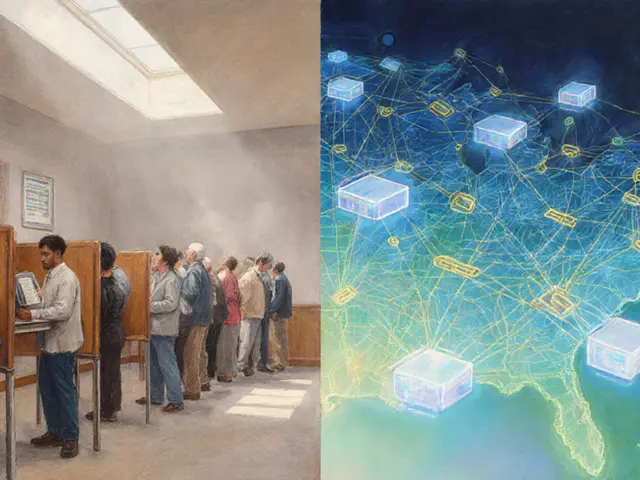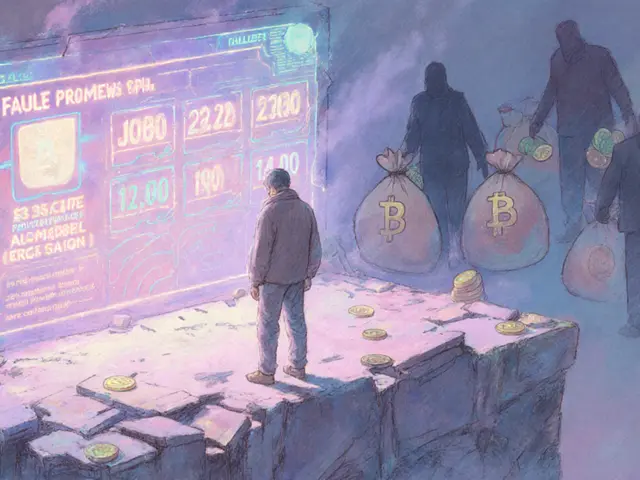Central Bank of Tunisia crypto: What You Need to Know About Crypto and Central Bank Policies
When it comes to Central Bank of Tunisia crypto, the official stance of Tunisia’s monetary authority on digital assets. Also known as Banque Centrale de Tunisie (BCT), it has never approved cryptocurrency as legal tender and actively blocks financial institutions from processing crypto transactions. Unlike countries that experiment with digital currencies, Tunisia’s central bank treats Bitcoin, Ethereum, and all altcoins as financial risks — not innovations.
This isn’t just about control. The BCT sees crypto as a threat to its ability to manage inflation, track money flows, and prevent money laundering. In 2023, they fined banks that even hinted at offering crypto services. But here’s the twist: Tunisians are still buying crypto. Not through banks, but through peer-to-peer apps, Telegram groups, and offshore exchanges. You won’t find a single licensed crypto exchange in Tunisia, yet local traders use Paxful, Binance P2P, and local WhatsApp networks to swap Tunisian dinars for Bitcoin. It’s a gray zone — legal in practice, illegal by regulation.
Related to this are Tunisia cryptocurrency regulation, the legal framework that bans crypto payments and freezes accounts tied to digital asset trading, and African crypto central banks, how other nations like Nigeria, Ghana, and Egypt are balancing innovation with control. While Nigeria’s Central Bank once banned banks from crypto but now allows regulated trading, Tunisia doubled down on prohibition. Meanwhile, crypto bans Tunisia, the de facto policy that makes crypto trading a civil risk rather than a criminal offense means users aren’t jailed — but their bank accounts can vanish overnight if flagged.
What you’ll find in the posts below aren’t guides to buying crypto in Tunisia — because there aren’t any legal ones. Instead, you’ll see how crypto moves under the radar, how sanctions and blacklisted wallets impact users there, and why projects like Phala Network’s PHA airdrop or OFAC-compliant exchanges still reach Tunisian traders despite the ban. You’ll also see how global crypto crackdowns, like the $15.8 billion in sanctioned transactions in 2024, echo in small economies like Tunisia’s — where people aren’t trying to evade the system, they’re just trying to protect their savings from a collapsing currency.

Tunisia banned all cryptocurrency transactions in 2018, making it one of the strictest crypto regimes globally. This article explains why, how it's enforced, what's still happening underground, and whether the ban might end soon.
Jonathan Jennings Nov 25, 2025




